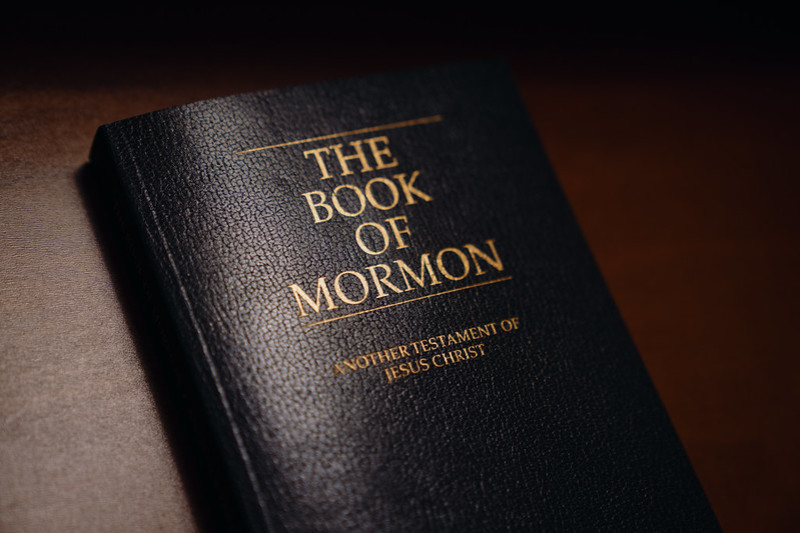
Millions of people worldwide follow the Mormon religion, but it needs to be more frequently interpreted due to vague preconceptions and references from popular culture. In actuality, it is a theologically intricate religion with a distinctive past. In this article, using the context provided by Mormon literature and religious authorities, there are some answers to questions that are frequently asked in order to know the religion more.
What do Mormons Hold as Accurate?
The Mormons consider two most important books or scriptues which is the Bible and the Book of Mormon. They hold on to a Christian understanding of God and Jesus. In the article that was shared on CNN, it explains that The Book of Mormon is a group of texts from the early Christians who have migrated from Jerusalem to the Americas during biblical times, and it also claims the Church of Jesus Christ of Latter-day Saints. The founder of the religion and widely regarded as a prophet, Joseph Smith, translated these writings. The concept of the Book of Mormon as an addition to the classic and traditional Chrisitan Bible is the one that acknowledges the difference of Mormonism and other Christian Faiths.
The Nephites and the Lamanites are the main subjects of the Book of Mormon's account of early American civilizations. It asserts that following his ascension, Jesus traveled to the Americas and planted his church among the Nephites.
The "Plan of Salvation," which includes a pre-mortal existence in which people lived as spirits before being born on Earth, is another idea that Mormonism holds dear. The three-tiered afterlife in this scheme offers varying degrees of glory based on a person's faithfulness and devotion to church doctrines. These are only a few instances of the distinctive features of Mormonism, which can assist in offering a more realistic picture of this frequently misunderstood faith.
Do the Mormons Consider Their Community as Christians?
Even though the Mormons are saying that they are Christians and identify their community as part of the Christian faith, some do not recognize them as a legitimate denomination because their beliefs are separating from the tradtional Christianity. According to History, they assert that God sent further prophets after Jesus and accepted the divinity, crucifixion, and resurrection of Jesus. It is also said that there are four main texts that the Mormons follow, and these are: The Book of Mormon, The Bible of Christians, The Pearl of Great Price, and The Doctrine and the Covenants.
The three levels of heaven and the existence of Adam and Eve in Missouri are two of the peculiar beliefs Mormons hold. They reject the Christian doctrine of the Trinity and think the Father, Son and Holy Spirit are distinct deities.
Mormons strongly emphasize family life, good actions, respect for authority, and missionary work. They also follow a stringent healthy lifestyle that forbids them from using alcohol, tobacco, coffee, or tea. They engage in ritualistic dressing, which includes donning distinctive "temple garments" that have sacred significance. Due to its harmful use and the diversity of ideas among adherents of the Book of Mormon and Joseph Smith's teachings, some Mormon churches reject the term "Mormon."
Also Read: Mormons Throw Support for Congressional Bill Protecting Gay Marriage Rights
Contrasting Mormon Beliefs with Traditional Christianity
Another source, The Gospel Coalition, also shares some other beliefs the Mormons believe that contrasts some of Christianity. Mormons consider their religion as a restored church and claim that the church has wholly apostatized. The Bible forbids complete apostasy, and no historical support for Mormon ideas exists. The Bible says that God has always been a spirit and has never been a man, contrary to how the Mormons see God, who first was a man and later attained godhood. They hold to polytheism and the notion that humans can become gods, although the Bible forbids the worship of many gods and declares that people will always be God's creation.
The Bible refers to Jesus as the everlasting, one-of-a-kind Son of God. In contrast, Mormons believe that Jesus was the firstborn spirit-child of heavenly parents who later attained divinity. The Bible only refers to two eternal possibilities: heaven or hell, whereas they hold that there are three kingdoms of splendor in the hereafter. While the Bible views Adam's sin as sinful, Mormons see it as a necessary step on the path to deity.
While Mormons think of Jesus as the firstborn spirit-child of heavenly parents who later attained divinity, the Bible refers to him as the everlasting, unique Son of God. They contend that there are three kingdoms of splendor in the hereafter, although the Bible only mentions two eternal possibilities: heaven and hell. While Mormons see Adam's sin as a necessary step on the road to deity, the Bible sees it as sinful.
Related Article:Mormon Church Steps Up to Save Great Salt Lake with Water Donation


















